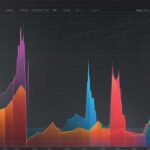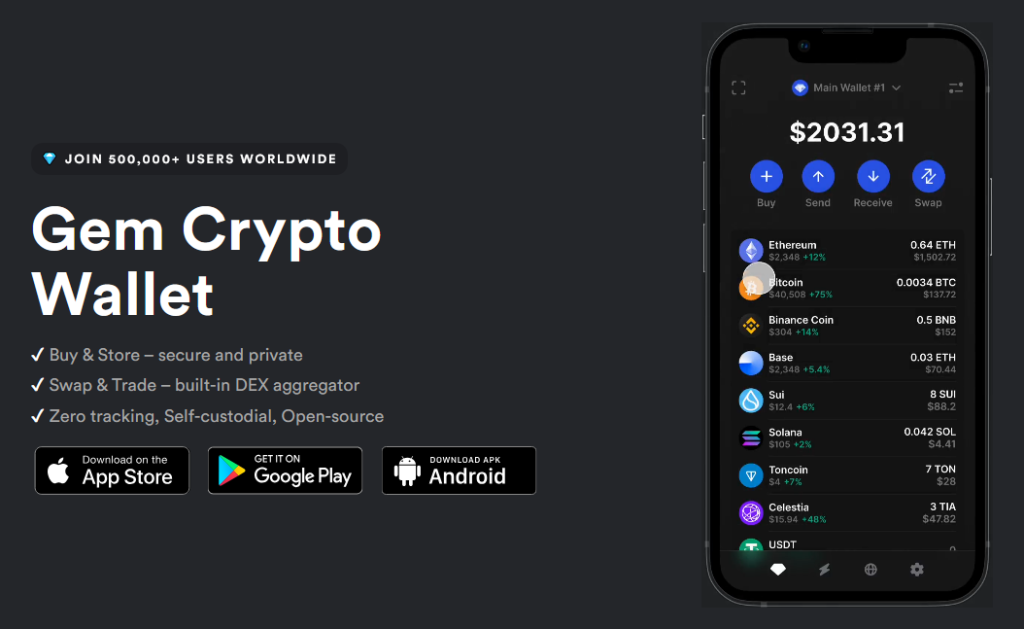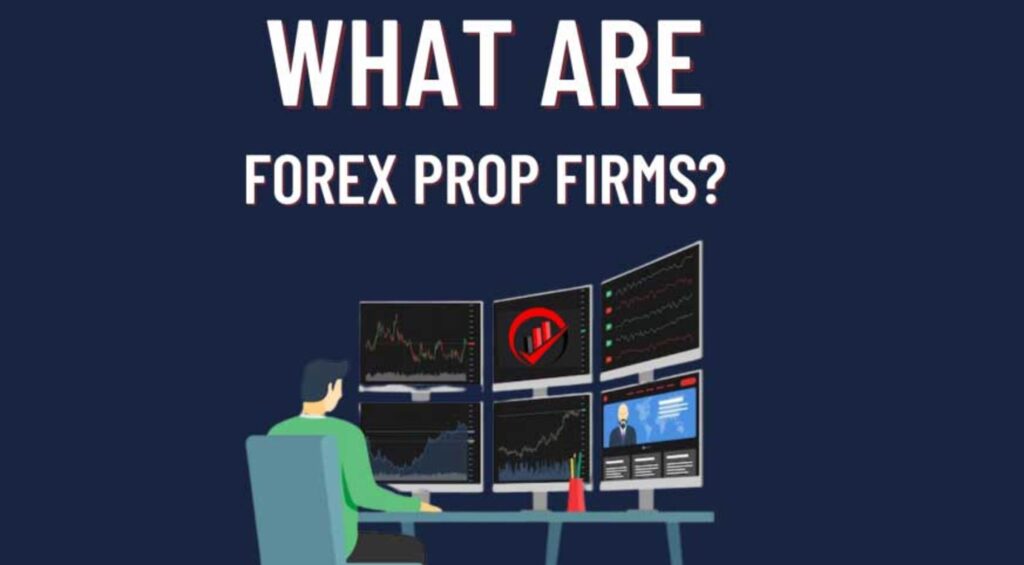The world of foreign exchange (Forex) trading is vast, with various strategies traders employ to capitalize on currency pair price movements. One such method, which demands a blend of discipline, precision, and speed, is forex scalping. This article delves into the intricacies of forex scalping, offering insights into its foundational strategies, essential tools, and risk management techniques, alongside expert tips to refine your approach.
Understanding the Basics of Forex Scalping

Forex scalping is a trading strategy characterized by the rapid opening and closing of positions, aiming to capture small price gaps created by bid-ask spreads. Scalpers, as practitioners are known, operate under the philosophy that minor movements, when aggregated, can amount to significant profits. This approach contrasts with more prolonged investment strategies, relying on the high volume of trades to generate returns. Scalping requires an acute understanding of market conditions, as success hinges on making numerous trades with precision, often within a matter of minutes or even seconds. A critical aspect of scalping is its reliance on liquidity, as entering and exiting positions swiftly is paramount. Consequently, scalpers typically focus on major currency pairs, which offer the requisite market depth. The fast-paced nature of scalping also necessitates a robust trading platform, capable of executing orders with minimal delay.
Key Strategies for Successful Forex Scalping

Successful forex scalping hinges on several strategic pillars. Firstly, scalpers often leverage technical analysis, utilizing indicators like Moving Averages, Bollinger Bands, and Stochastic Oscillators to identify trading opportunities. A common tactic is to target currency pairs demonstrating high volatility, as these offer more frequent and significant price movements conducive to scalping. Another strategy involves trading during peak market hours, where increased liquidity facilitates the rapid opening and closing of positions. Additionally, setting tight stop-loss orders is crucial to limit potential losses on each trade. Some scalpers also employ the practice of news scalping, reacting quickly to market-moving news to capitalize on resulting currency pair fluctuations. Automation and the use of trading bots have become increasingly prevalent, allowing scalpers to execute strategies with enhanced speed and efficiency.
Essential Tools for Every Forex Scalper

At the heart of effective forex scalping are several indispensable tools. Real-time charting software is crucial, offering the ability to monitor market movements instantaneously. High-speed internet and a reliable trading platform are non-negotiable, as delays in order execution can erode potential profits. Scalpers also benefit from access to comprehensive market analysis tools and economic calendars, enabling anticipation of market movements triggered by economic events. Additionally, risk management tools, including stop-loss and take-profit orders, are vital in safeguarding against significant losses. The choice of a broker is equally critical, with preferences typically skewed towards those offering low spreads and high leverage, enhancing the potential for profit amidst the high volume of trades characteristic of scalping.
Time Frames and Analysis in Forex Scalping

Forex scalping predominantly utilizes short-term time frames, ranging from 1-minute to 15-minute charts, with the 1-minute and 5-minute charts being the most common. These condensed time frames allow scalpers to identify brief but actionable trading signals. Technical analysis dominates scalping strategies, with traders relying on indicators and chart patterns to make decisions swiftly. However, fundamental analysis, particularly concerning economic news and events, also plays a role, as these can drastically affect currency pair volatility. The integration of both analyses can offer a more rounded approach, enabling scalpers to capitalize on short-term price movements driven by underlying economic factors.
Managing Risks in High-Speed Forex Trading

Risk management is paramount in the high-stakes environment of forex scalping. Given the volume of trades and the slim margins involved, even minor price movements in the opposite direction can lead to substantial losses. Effective risk management strategies include the use of stop-loss orders to limit potential losses, employing lower leverage to control exposure, and maintaining strict discipline in adhering to pre-defined risk-reward ratios. Additionally, continuous monitoring of open positions is essential, as the fast-paced nature of scalping requires immediate action to mitigate losses. Scalpers must also be cognizant of the costs associated with their high volume of trading, including spreads and commissions, which can eat into profits.
Expert Tips for Enhancing Your Scalping Skills

To excel at forex scalping, continuous learning and adaptation are key. Seasoned scalpers recommend practicing with demo accounts before transitioning to live trading to hone skills and strategies without financial risk. Staying informed about market conditions and economic developments is vital, as these can present new opportunities or risks. Additionally, mastering a limited number of strategies and currency pairs can yield better results than spreading efforts too thinly. Embracing automation can also enhance scalability and precision in executing trades. Above all, maintaining discipline in following a trading plan and managing emotions is crucial, as the frenetic pace of scalping can lead to impulsive decisions.
Comparison Table: Forex Scalping vs. Traditional Trading
| Feature | Forex Scalping | Traditional Trading |
|---|---|---|
| Time Frame | Very short-term (minutes) | Medium to long-term (days to years) |
| Volume of Trades | High | Low to moderate |
| Profit Margins | Small, frequent gains | Larger, less frequent gains |
| Risk Level | High, due to the volume of trades | Variable, depending on strategy |
| Technical Analysis | Critical, with emphasis on short-term indicators | Important, but with a broader analysis scope |
| Speed of Execution | Paramount | Important, but less critical |
Forex scalping is a distinct arena within the broader forex trading world, demanding a specific skill set, mindset, and strategic approach. By understanding the nuances of scalping, and with continuous refinement of strategies and tools, traders can navigate this fast-paced domain to potentially reap substantial rewards.







Great tips on practicing with demo accounts first. Helpful!
Seems like a lot of work for small profits. Not sure if it’s for me.
Good breakdown of strategies and tools. Thanks for the info!
Forex scalping needs quick decisions. I would need more practice.
Didn’t realize how much technical analysis is used in forex scalping.
Risk management seems really important here. Nice points on stop-loss orders.
I like the idea of using automation for forex scalping.
I didn’t know forex scalping was so fast. Interesting!